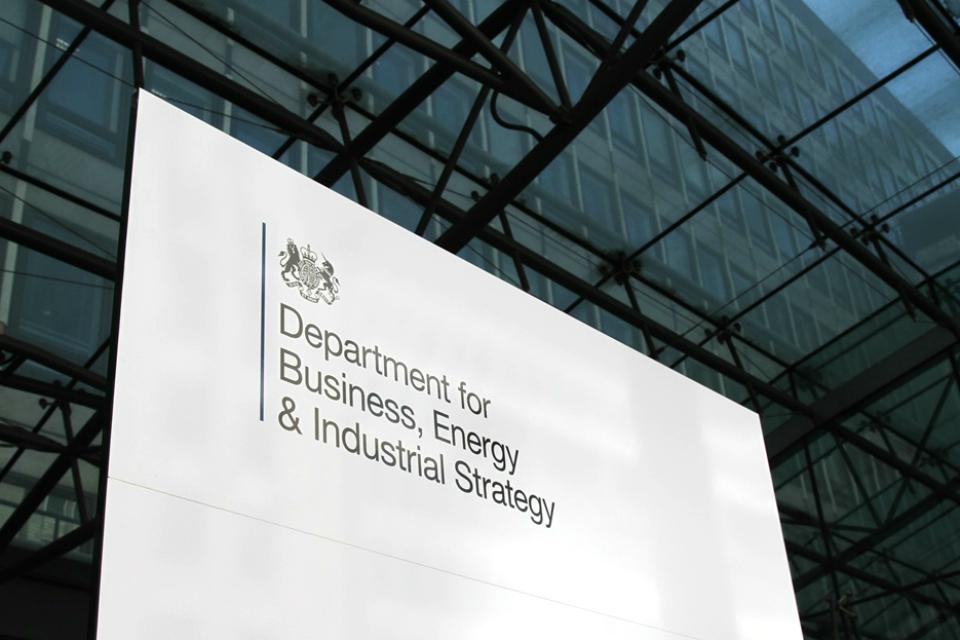INNOVATIVE biomass projects in Wales have today (Thursday 4 August) been awarded nearly £2.5 million in UK government funding, part of a £37 million package across the UK, as the government drives forward its plan to scale up domestic renewable energy, including from biomass.
An Aberystwyth University project to increase the growth of elephant grass (miscanthus) is among 12 projects receiving a share of £32 million funding under Phase 2 of the Biomass Feedstocks Innovation Programme, which aims to find new ways to increase biomass production in the UK.
Also announced today are 2 Welsh winners under the first stage of the Hydrogen BECCS programme, receiving a share of £5 million funding to help develop innovative technologies to produce hydrogen, a clean fuel that emits only water vapour when combusted, from sustainable biomass and waste.
Biomass, a sustainable plant material, can be used to produce biofuels and sustainable aviation fuels, or to create chemicals for household cleaning products and bio-plastics. Biomass’ ability to deliver at scale has already been proven, having generated 12.6% of total UK electricity in 2020, forming an important part of our plans to generate more home-grown power and strengthen Britain’s energy security.
Energy Minister, Greg Hands, said: “Wales has a key role to play as we accelerate renewables like biomass to end our dependency on fossil fuels and boost our energy independence.
“This £2.5 million UK government investment will support biomass innovation in Wales, boosting jobs and investment, and ensuring we have the homegrown supply we need to support our future green energy mix.”
Backed by the independent Climate Change Committee, biomass will form an important part of the UK’s future renewable energy mix, which will be vital for ensuring the UK’s energy security and reducing reliance on expensive fossil fuels.
Through Phase 2 of the Biomass Feedstocks Innovation Programme, projects will be developed from the design stage, which was supported with £4 million government funding, into full demonstration projects, showcasing new methods to grow sustainable biomass materials, which can be used to produce low-carbon energy. The projects will boost biomass productivity in the UK, through breeding, planting, cultivating and harvesting of organic energy materials.
The Hydrogen BECCS Innovation Programme supports the development of technologies to produce hydrogen generated via “BECCS” (BioEnergy with Carbon Capture and Storage).
BECCS technology can uniquely offer the ability to remove carbon dioxide from the atmosphere, as the CO2 absorbed during the growth of the sustainable biomass and the organic content found in waste can then be permanently removed from the atmosphere using carbon capture technologies.
Hydrogen BECCS technologies will support the government’s plan to build a hydrogen economy, making hydrogen a clean fuel to use in hard-to-decarbonise sectors such as transport and heavy industry, while also removing greenhouse gases from the atmosphere.
This government’s backing for innovation in biomass production will help support the government’s plans to scale up and accelerate clean, renewable energy in the UK, to protect the UK’s domestic energy security. Supporting trailblazing hydrogen BECCS technology will help further the government’s ambition to see hydrogen as the clean super-fuel of the future, while also encouraging green investment into the UK and supporting the creation of new jobs.
Today’s funding recipients in Wales include:
- Aberystwyth University has received over £2 million for their ‘Miscanspeed’ project, looking at accelerating the breeding of high-yielding, resilient miscanthus (elephant grass) – grass varieties that are well-suited for biomass use
- Compact Syngas Solutions, Deeside has received £246,568 to explore using biogenic feedstock for hydrogen and CO2 production
- The University of South Wales has received £238,858 for their BIOHYGAS project, to produce hydrogen and CO2 from sewage waste
Paul Willacy, Managing Director of Compact Syngas Solutions said: “We are delighted to have been successful in obtaining government funding for our Hydrogen BECCS Innovation project. The ability to capture and store the carbon from our gasification process whilst making hydrogen, takes us one step closer to producing cleaner and greener hydrogen and to support the drive to Net Zero.”
















